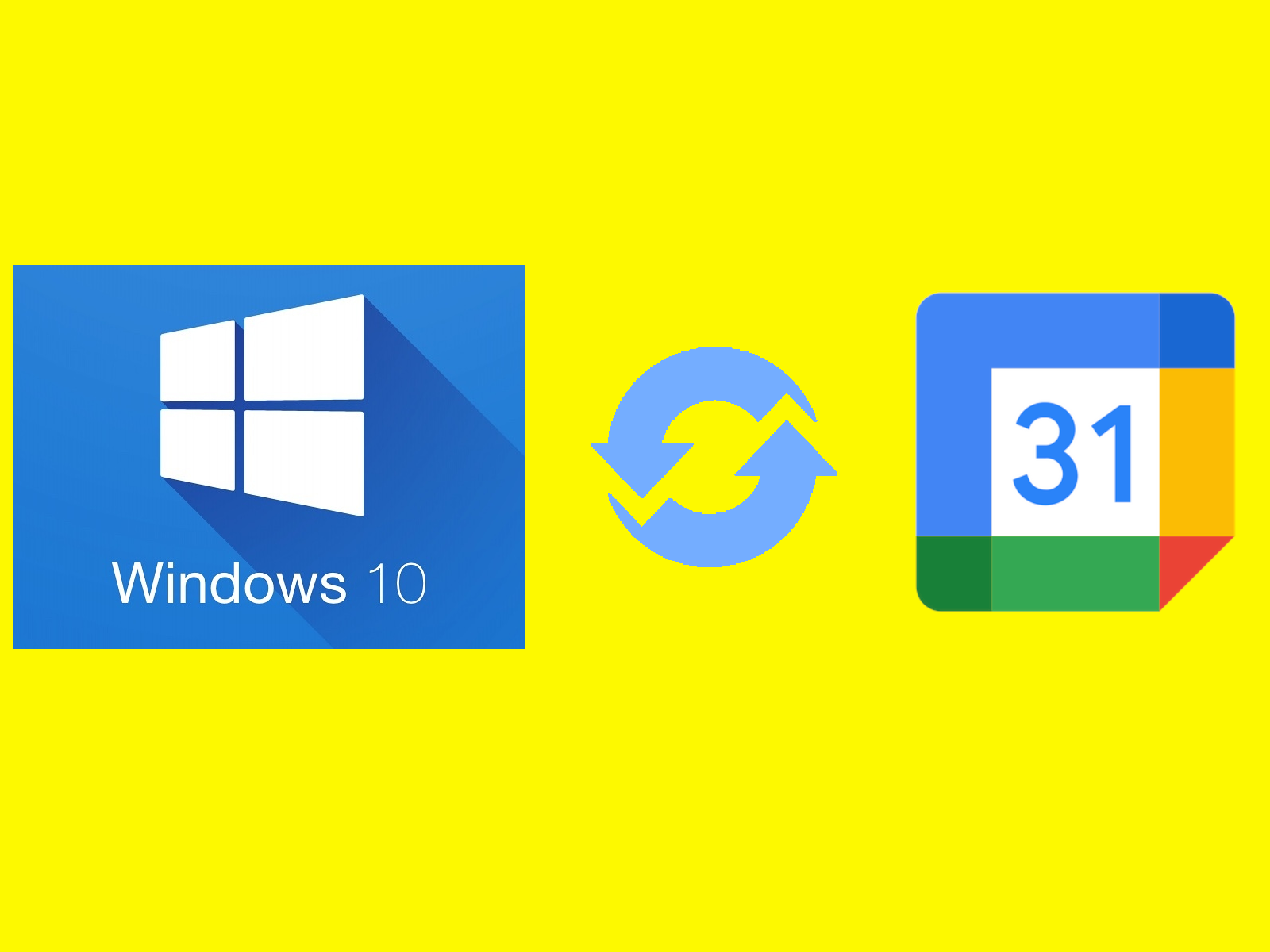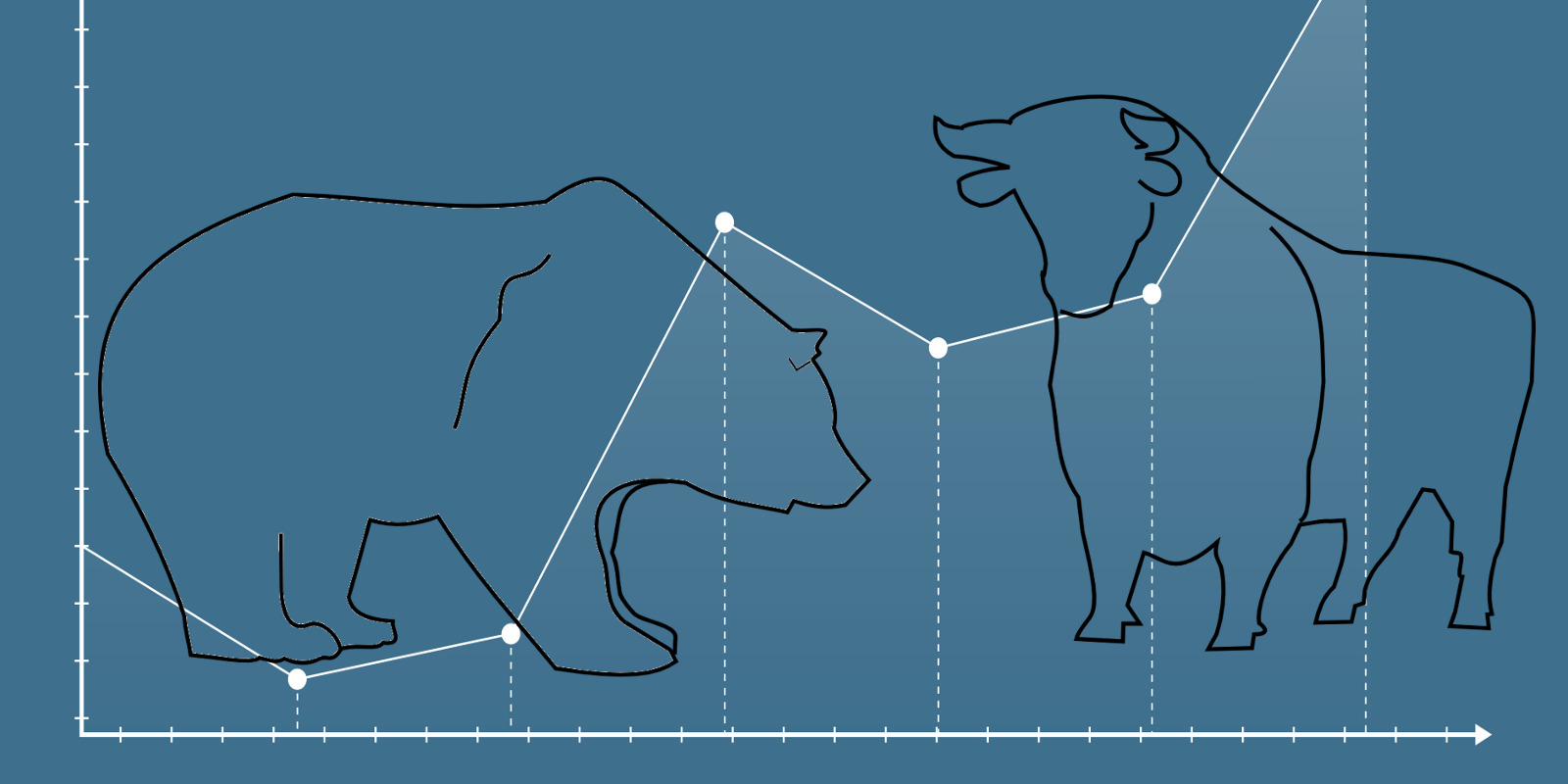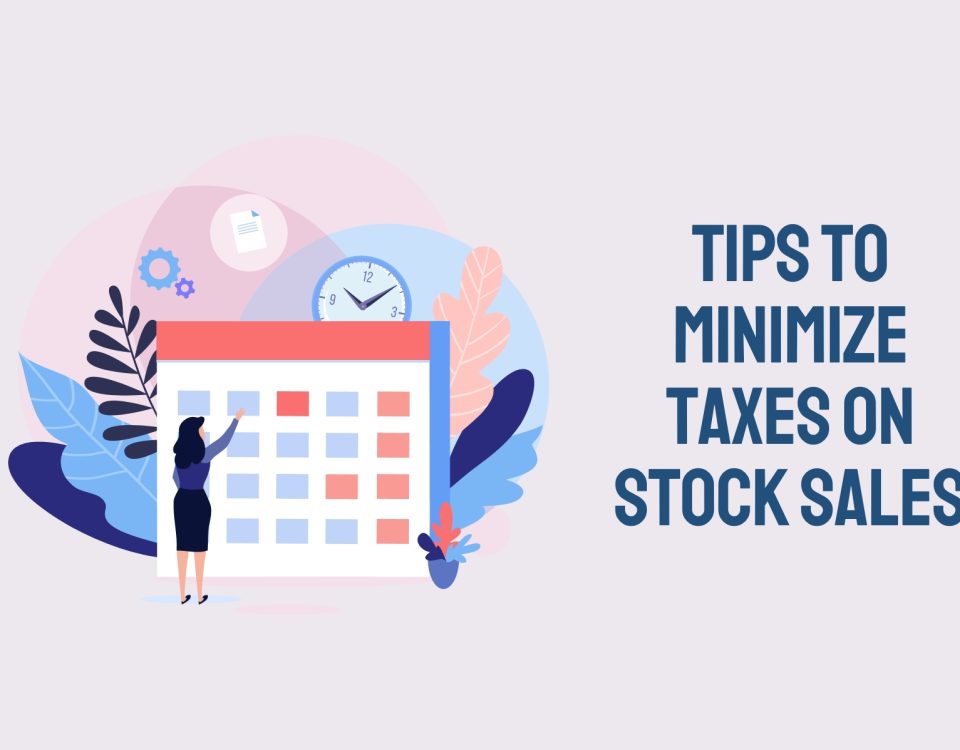
The Moderna Vaccine experience
March 3, 2021
Sync Google Calendar w./ Windows 10 calendar
April 21, 2022Stocks is a word that many of us hear about a lot in the news, on social media and in conversations with friends or colleagues. But the question that comes up the most is: what are they? In this article we seek to answer this question and provide you with information on how to obtain a FREE stock.
What is a stock?
To put it simply a stock, or share, is a partial ownership within a company. By this I mean that you are able to take part ownership within a company, public or private, and have the privilege to have voting power when dealing with board elections. On top of that, you may be able to collect a monthly, quarterly, semi-annual or annual payment. These payments are known as dividends but are not offered by every company. Therefore, if you ever choose to buy a stock be aware that a dividend is NOT guaranteed.
Types of stocks
There are two main kinds of stocks:
- common stock - these stocks allow a person to vote at shareholder meetings and may be able to collect dividends if offered by the company.
- preferred stock - these stocks provide dividend payments before common stockholders do, and have priority over common stockholders if the company goes bankrupt and its assets are sold to eliminate debt.
When buying either kind, your strategy or decision as to why you purchase a stock may fall into one of four categories as explained by the Securities and Exchange Commission (SEC):
- Growth stocks have earnings growing at a faster rate than the market average. They rarely pay dividends and investors buy them in the hope of capital appreciation. A start-up technology company is likely to be a growth stock.
- Income stocks pay dividends consistently. Investors buy them for the income they generate. An established utility company is likely to be an income stock.
- Value stocks have a low price-to-earnings (PE) ratio, meaning they are cheaper to buy than stocks with a higher PE. Value stocks may be growth or income stocks, and their low PE ratio may reflect the fact that they have fallen out of favor with investors for some reason. People buy value stocks in the hope that the market has overreacted and that the stock’s price will rebound.
- Blue-chip stocks are shares in large, well-known companies with a solid history of growth. They generally pay dividends.
Why buy stocks?
The simple reason is because stocks, on average, increase in value over time. For example, let's look at the Coca-Cola company and the growth that has occurred since April 1st, 1990
The value of each share at that time was $4.64. Now let's say that your grandparent bought a share and held onto it until now. Well, to our surprise that single stock is worth $768 today (March 16th, 2020). That means that the value of the stock has increased by around 16,551%. Granted, there have been stock splits, dividends and overall increase appreciation of the stock since then. It is because of all of these reasons and more that the stock has appreciated in so much value.
What are the risks?
As expected, buying stocks is not all sunshine. There are some risks with buying any stock such as the value of a stock decreasing or going as far as becoming worthless. Therefore, I highly recommend that you do your research on the company you would like to purchase a share from before buying any. I will be discussing what things to consider when buying a share in a later post.
How to buy stocks?
So you have done your research on a company and have learned a bit more about stocks and how they work and are ready to buy your first share. Well, to do that you need to create an account with a broker that has been approved by the US government to buy and sell securities on behalf of clients. Once you find one, you will then register your personal information (SSN, Legal Name, Address) with the entity. Why? Well, just like a bank they too will need your information so they may allow you to use their services. On top of that, any purchase or sell of a stock has to be reported to the SEC and any profits or losses must be reported to the IRS when you file your taxes.
All in all, stock buying is not as scary as many think and it is not for "the rich". Anyone can buy into the market and get a piece of the pie. With that in mind, I have provided a link below that will redirect you to Robinhood-- an online broker-dealer that allows users to buy and sell stocks, options, and ETFs. Please note that if you use the link, we will both be able to claim a free stock.
Click here for a redirect to Robinhood and get a FREE stock!





